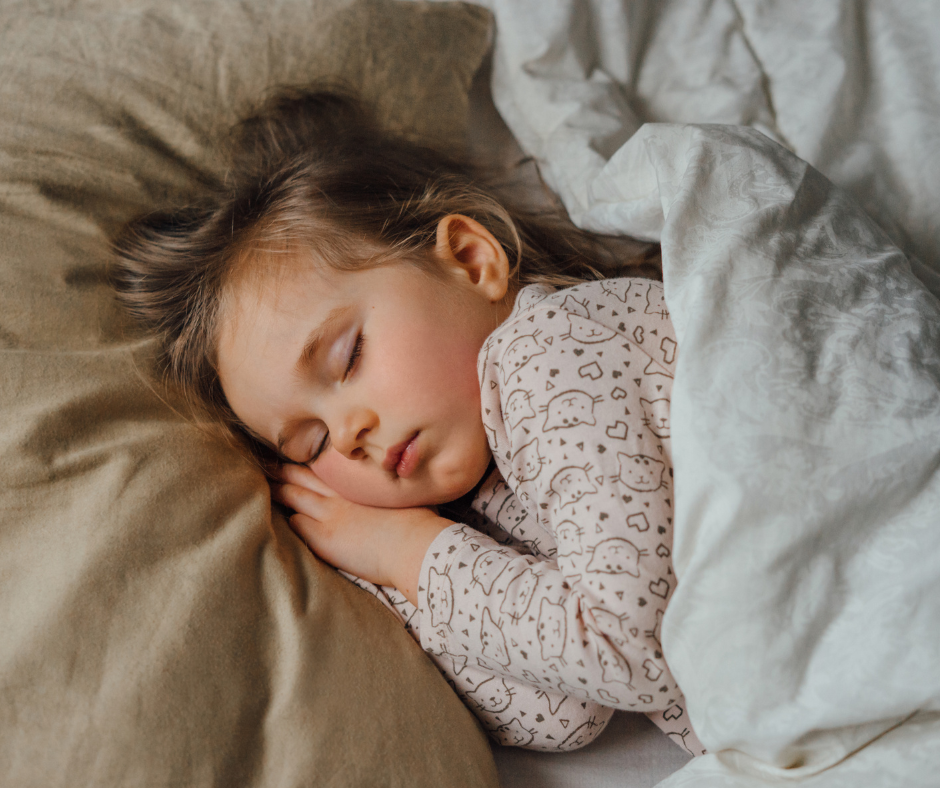
The importance of sleep: tips & tricks for a healthy rest routine
Sleep significantly influences every aspect of children's development, so creating healthy sleep habits is essential to building a strong immune system, overall well-being, and an active, energetic mind. Research in the field has shown that people who regularly get an adequate amount of sleep have improved attention, behavior, learning, memory, and overall mental and physical health.
Lack of restful sleep impacts children's ability to focus, manage their emotions and learn. Sleep is a powerful restorative process, helping the body function better physically and emotionally, influencing information consolidation accumulated throughout the day and supporting the ability to concentrate.
Sleep is essential; however, children and adults alike do not get enough sleep. Establishing sleep routines for the whole family will bring positive results both in terms of performance, energy level and well-being for both children and adults.
How to make sure that the sleep that children have is qualitative:
- Set a bedtime and try to stick to it every day as much as possible
A balanced bedtime routine that starts around the same time every night encourages good sleep patterns. Depending on the age of the children, bedtime routines can range from reading a story, cuddles, relaxing discussions about what happened throughout the day, free stories or cuddling. All of this plays an important role in making the little ones feel safe and enjoy a peaceful sleep. It is important to establish and respect a bedtime and a wake-up time, including during the holidays, so that children's biological clocks are not disturbed.
- Before going to bed take a moment to relax
Encourage children to relax before bed whether they choose to read a book or poem, listen to soothing music, or practice breathing exercises together. Breathing exercises work best if you practice them regularly; you just need a minute and a quiet, safe space where you won't be interrupted; count from 1 to 10 and back and take 3 deep breaths.
If little ones take more than 30 minutes to fall asleep, they may need a longer relaxation time before turning out the light.
- Afternoon nap essential, but short and early
Starting from the age of 5, it is possible that the little ones no longer feel the need for a nap battery charging during the day. However, if in the first part of the day the energy level consumed by the little ones is significant, they will need a moment of respiro after lunch. The researchers mention that this sleep should not last more than 45-60 minutes and no later than 3:00 p.m., to ensure that in the evening, at bedtime, the little ones can fall asleep at the time they are used to.
- It is essential that the little ones feel safe at night
If going to bed and being in the dark makes your little ones feel anxious, offer words of encouragement and support. Avoiding scary TV shows, movies, and computer games can also help.
- Check the noise and light in the child's bedroom
Check if the child's bedroom is too bright or too noisy for sleep. Blue light from televisions, computer screens, phones and tablets delays sleepiness. Bright light in the hour before bedtime can have the same effect on young children. Bedrooms should also be cool, dark and free of distractions such as bright digital lights or interesting toys.
Sleep is a super tool that you can use for a boost of energy and vitality, for a general state of well-being and for a harmonious body. More and more often discussed in specialized literature, sleep is becoming a topic of great interest, especially because in this constantly moving world, people don't seem to have enough time to rest. For adults as well, but especially for little ones, sleep is essential and sleep habits are important to ensure your little ones are healthy, energetic and rested.
Sleep plays a vital role in children's development and the better it is, the more positive the overall development will be.
*Article written by Veronica Dunga, KEN Academy trainer.
